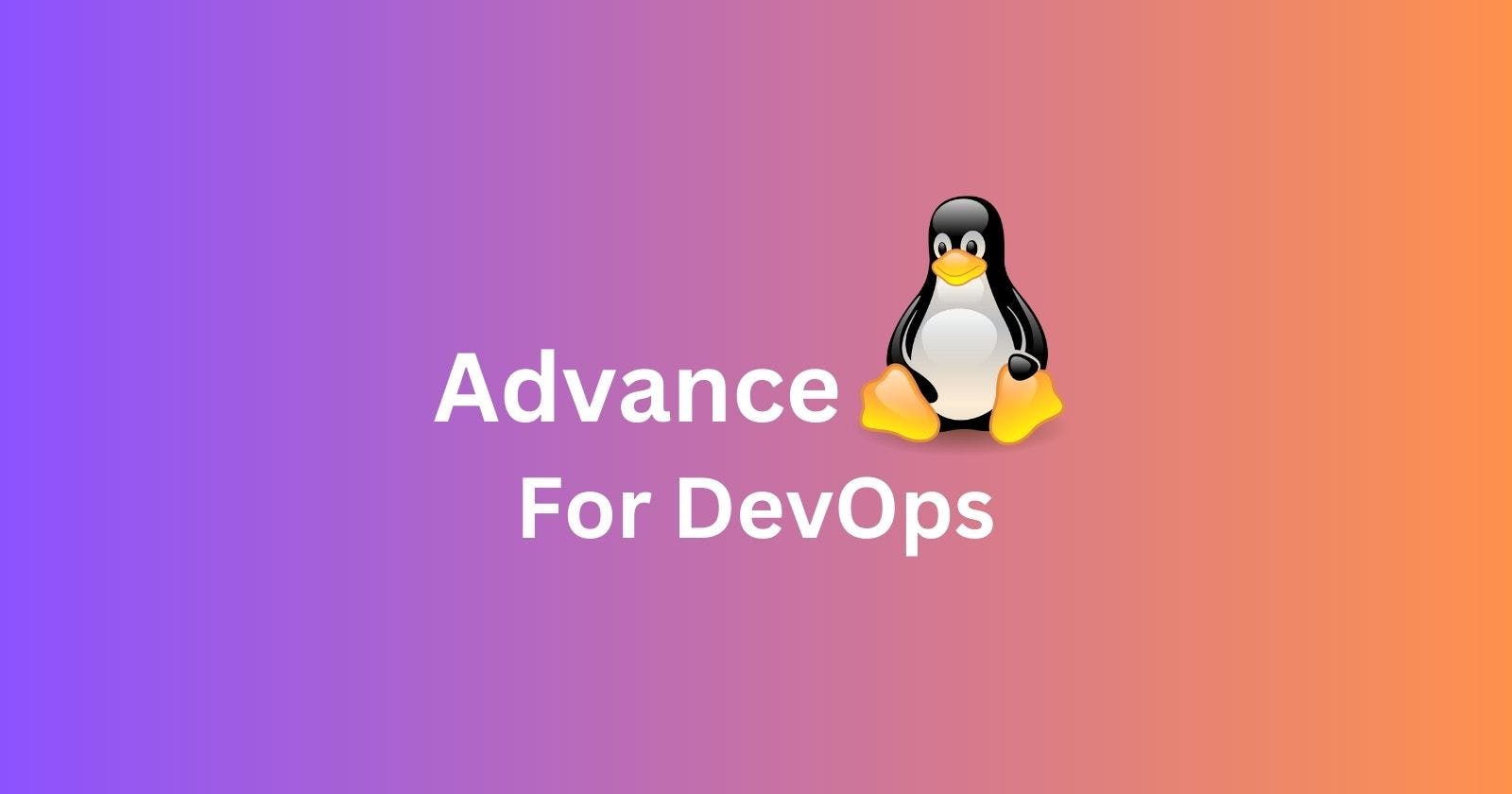Introduction
DevOps is essential for efficient software development and deployment. Linux, the backbone of modern infrastructure, plays a pivotal role in DevOps. As a DevOps engineer, mastering advanced Linux concepts is vital for optimizing complex systems. In this blog post, I’ll explore crucial Linux skills for DevOps professionals to enhance their proficiency in Linux-based environments.
Shell Scripting: Shell scripting is a fundamental skill for any DevOps engineer working with Linux. With shell scripts, you can automate repetitive tasks, configure systems, and deploy applications efficiently. Advanced shell scripting techniques such as conditional statements, loops, functions, and error handling can significantly enhance your productivity. Familiarity with popular scripting languages like Bash and Python will enable you to write powerful automation scripts, perform system monitoring, and handle data manipulation effortlessly.
Networking and Security: A solid understanding of Linux networking concepts is essential for managing network infrastructure and ensuring secure communication between servers and services. Advanced topics in this domain include configuring network interfaces, firewall management (iptables/nftables), packet filtering, routing, and VPN setups. Additionally, mastering security practices, such as securing SSH connections, implementing user and group permissions, and managing SSL/TLS certificates, is vital to safeguarding your infrastructure from potential threats.
Package Management: Package managers are indispensable tools for software installation, dependency management, and system updates. In the Linux world, various package managers exist, such as APT (Advanced Package Tool) for Debian-based systems and YUM (Yellowdog Updater Modified) for Red Hat-based systems. Understanding how package managers work, resolving dependencies, and managing package repositories are vital skills for a DevOps engineer. Additionally, containerization technologies like Docker and container orchestration tools like Kubernetes often utilize package managers, making proficiency in this area even more important.
System Performance and Monitoring: Efficiently managing system resources and optimizing performance are critical responsibilities of a DevOps engineer. Advanced Linux skills in this domain include analyzing system metrics, identifying resource bottlenecks, and tuning kernel parameters. Proficiency in tools like top, vmstat, iostat, and sar will enable you to monitor system performance, diagnose issues, and fine-tune configurations for optimal results. Additionally, familiarity with logging frameworks and log analysis tools are crucial for troubleshooting and ensuring system reliability.
Automation and Configuration Management: DevOps engineers rely heavily on automation and configuration management tools to manage infrastructure at scale. Advanced skills in this area involve using tools like Ansible, Puppet, or Chef to automate the provisioning and configuration of servers, perform application deployments, and enforce infrastructure as code principles. Leveraging these tools allows you to maintain consistency across environments, ensure reproducibility, and scale your infrastructure efficiently.
Advanced Linux commands that are useful for DevOps engineers
- rsync: A powerful command for synchronizing files and directories between different locations. It can be used for backup purposes, deploying files to remote servers, or syncing data between local and remote systems.
Example:
rsync -avz source_directory/
user@remote_host:destination_directory/
2. find: This allows you to search for files and directories based on various criteria such as name, size, modification time, and permissions. It is particularly handy for locating specific files within a large directory structure.
Example:
find /path/to/search -name "*.txt" -size +1M
3. grep: A versatile command-line tool for searching text patterns within files. It supports regular expressions and can be used to filter log files, search for specific content, or analyze output from other commands.
Example:
grep "error" logfile.txt
4. sed: Stream Editor is a powerful command-line utility for text manipulation. It can perform tasks like searching and replacing, inserting or deleting lines, and transforming text based on patterns.
Example:
sed 's/foo/bar/g' input.txt
5. awk: A scripting language designed for text processing and data extraction. It provides powerful pattern-matching and data manipulation capabilities, making it useful for processing structured data and generating reports.
Example:
awk '{print $1}' data.txt
6. lsof: Short for “list open files,” this command displays information about files opened by processes on a system. It is helpful for troubleshooting issues related to file locks, identifying network connections, and analyzing resource usage.
Example:
lsof -i :8080
7. tcpdump: A network packet analyzer command-line tool that captures and displays network traffic. It allows you to monitor and inspect network communication, making it useful for diagnosing network issues and analyzing protocols.
Example:
tcpdump -i eth0 tcp port 80
8. strace: Used for debugging and troubleshooting, strace traces system calls and signals made by a process. It can help identify issues related to file access, system resource usage, and process behavior.
Example:
strace -p <PID>
9. sar: The System Activity Reporter (sar) command collects, reports, and analyzes system activity data such as CPU usage, memory usage, disk I/O, and network statistics. It is useful for monitoring system performance and identifying bottlenecks.
Example:
sar -u 1 5
10. tmux: A terminal multiplexer that allows you to create and manage multiple terminal sessions within a single window. It enables you to detach and reattach sessions, run commands in the background, and maintain persistent sessions.
Example:
tmux new -s mysession
Conclusion
Mastering advanced Linux skills is essential for DevOps engineers. From shell scripting to networking, security, and automation, acquiring these skills is crucial. With practice and staying updated, you can build robust systems and drive the success of your DevOps initiatives.
